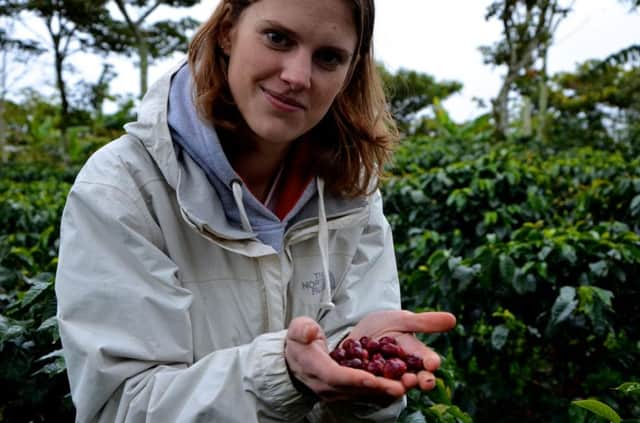How 5p change from a coffee can help tackle poverty in Honduras


Well, it is and those 5p coins - and the proceeds from many other fundraisers in Ground Espresso Bar - are part of the ethos of owners Darren and Karen Gardiner.
Ground has decided to give back to its producers, growers and co-ops around the world who produce, among other things, the trade-marked Ground Espresso Bars Purple Dragon triple certified coffee; so-called because it has been certified by the Fairtraide Foundation, the Rainforest Alliance and the Organic Food Federation.
Advertisement
Advertisement
The company announced in March the funding of a new educational hub in Honduras which would provide an IT centre with two full-time teaching staff for the use of the Capucas Co-op, growers of Fairtrade coffee.
The project was originally a small one with a budget of just $20,000 being raised through the Ground Espresso Bars throughout Northern Ireland.
However, thanks to a huge donation of more than $100,000 dollars from the University of Honduras, what was planned to be a small community hub will become an institution to transform the local area.
Thanks to the extra funding the hub will now be a large, permanent structure. The centre will offer educational courses and even distance learning for those working adults who were never given the opportunity to go into further education because of their finances or physical location.
Advertisement
Advertisement
As well as boosting the local economy by providing construction jobs for local workers, when it’s up and running the hub will also provide permanent teaching jobs.
The hope of Ground Espresso Bars is that the hub will provide essential educational resources for everyone in a region still affected by poverty and with a literacy rate of just 75%.